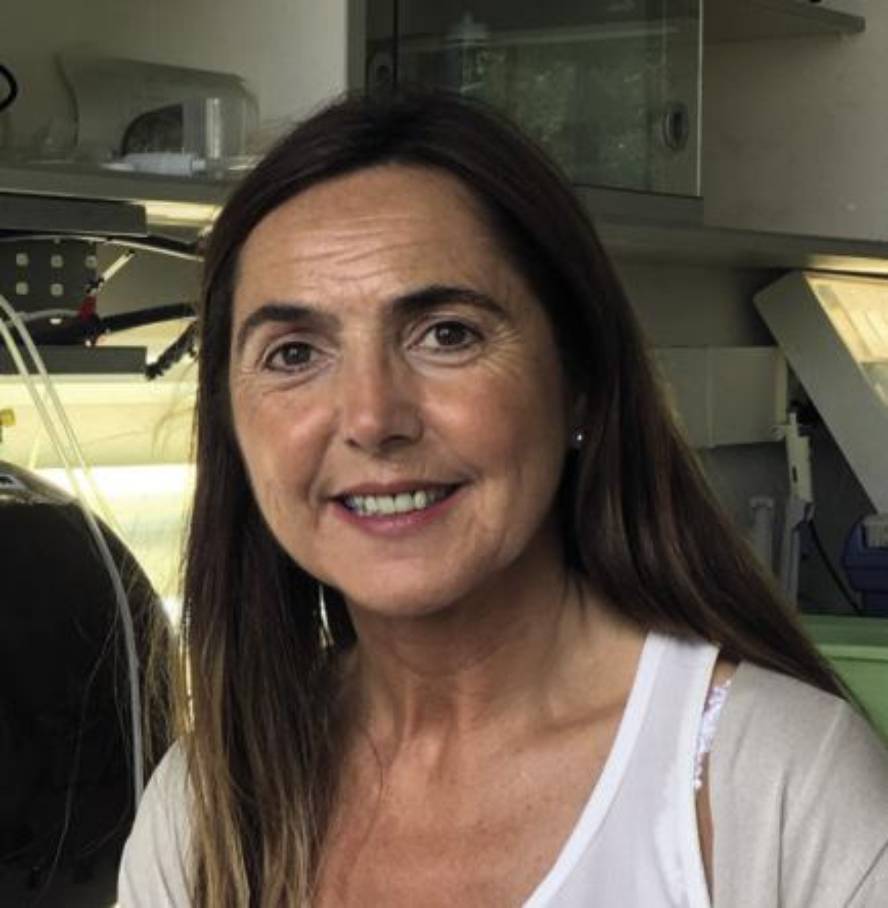“The surprising thing is to see that knowledge is like an island”
It will be by my very nature, but it affects me more than the great discoveries. I don't mean those achievements that have repercussions in the media don't impact me and I don't deny that it's serendipity, but the chiripa catches you when you're working. In everyday life, right to ask the right questions, there is the key.
Looking ahead, I am impressed by how quickly science has accelerated. The process has accelerated enormously. 30 years ago, when I started, there was no internet, we had very few computers and email seemed incredible to us. To start researching something, the information gathering phase was very long and difficult; with the possibilities we have now it has accelerated enormously and from there the whole process. Interdisciplinarity has also grown and has a lot of influence.
But the most beautiful thing, the surprising thing is to see that knowledge is like an island: as they answer the questions new questions arise. Thus, the more we know, the more the area extends than we do not know; the greater the surface of the island, the greater the perimeter.
He could have responded that he would want to be able to cure cancer or disease without remedy. I don't have enough! Above all, diseases related to the brain, those that change or prevent its character… But we have already seen that great intentions do not give all the answers. For example, the Human Genome Project was a huge achievement, but there are many aspects that we don’t know yet, and we’re seeing that some of the ideas we had before were wrong… The Brain project also interests me a lot, but surely that’s going to be similar.
Therefore, what I would really like is for research to be extended to society and for society to become an agent of the scientific system, that is, for people to ask for research to be extended to society. At the same time, that researchers understand that communicating their research is nothing more than what they do, but it is part of the work to communicate with transparency. This would be a real revolution.






